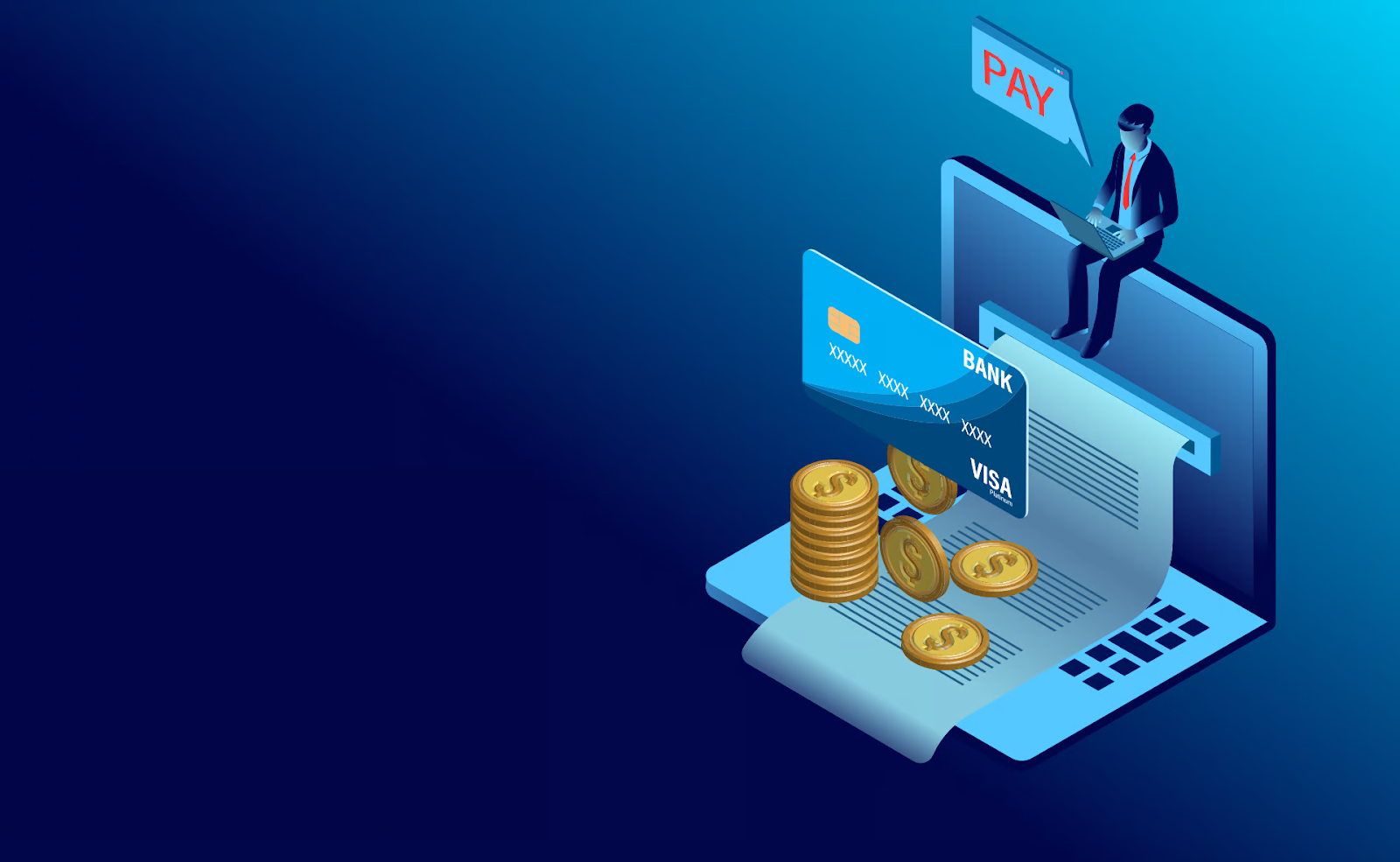Entertainment
Tips for Managing Debt and Getting Ahead Financially

In the intricate dance of personal finance, debt can be a formidable partner — one that, if not managed well, can lead to a downward financial spiral. But fear not; managing debt is a skill that can be honed with discipline, strategies, and a keen eye on your financial goals.
However, it can quickly become overwhelming if not managed correctly. This guide will discuss how to manage your debt effectively and move towards financial freedom.
Consider Consolidating Your Debts
This strategy involves combining several debts into one, typically with a lower interest rate, making it easier to manage payments and save money on interest in the long term.
For those struggling with high-cost, short-term debts, such as payday loans, payday loan relief services can offer a lifeline. These services work by negotiating with lenders on your behalf to lower your debt amounts, consolidate multiple payday loans into one manageable payment, or both.
By simplifying your debt obligations and potentially reducing the amount owed, you can allocate more resources towards savings and investments, ultimately helping you achieve your long-term financial goals.
However, it is essential to carefully research and choose a reputable debt relief service to avoid falling victim to scams or unethical practices.
Develop a Budget
One of the most effective ways to manage debt is by creating and sticking to a budget. This involves analyzing your income and expenses, identifying areas where you can reduce spending, and setting realistic goals for paying off debt.
By prioritizing debt payments in your budget, you can avoid falling further into debt while progressing toward becoming debt-free.
Additionally, a budget can help you stay accountable and make informed financial decisions. It can also bring to light any unnecessary expenses or areas you may be overspending.
With careful planning and discipline, a budget can help you regain control of your finances and achieve financial stability.
Consider Negotiating with Creditors
Negotiating with creditors can be an effective strategy for managing and reducing your debt. It involves communicating directly with your lenders to request more favorable loan terms, such as lower interest rates, extended payment periods, or even partial debt forgiveness.
Many creditors are open to negotiation, especially if they can avoid the costly process of chasing a default.
Initiating this type of conversation shows that you are proactive and committed to resolving your financial difficulties. However, it’s critical to approach these discussions with a clear plan and understanding of your financial situation.
Proper preparation can significantly increase your chances of securing terms that can provide relief and help you achieve financial freedom.
Automate Your Payments
Late or missed payments can greatly harm your credit score and complicate debt management. Automate payments via online banking or set up transfers from your checking account to pay off loans and credit card balances.
This simplifies finance management by eliminating the need to remember deadlines manually.
Many creditors offer incentives like lower interest rates for automatic payments. This helps manage debt and boosts financial health by saving money on interest. Automating payments instills financial discipline and peace of mind, ensuring monthly timely commitments.
Set Realistic and Achievable Financial Goals
Setting achievable financial goals and monitoring your progress towards them is crucial.
Whether paying off a specific amount of debt in a given time frame or saving for a down payment on a house, having tangible objectives can provide motivation and direction in managing your debt. Being realistic with your goals is essential, considering income, expenses, and any unforeseen emergencies.
By tracking your progress and celebrating small wins, you can stay motivated and on track to achieving financial stability. With discipline, patience, and a solid plan, managing debt can become more manageable and ultimately lead to a brighter financial future.
Remember to seek help from reputable sources if needed, stay committed to your budget, and keep your eye on the prize of financial freedom.
Seek Professional Financial Advice
Navigating the complex path to financial freedom can often feel like a solo journey, but it doesn’t have to be. Seeking professional financial advice can illuminate the path forward and provide custom-tailored strategies that align with your unique financial situation.
A qualified financial advisor can offer insights into managing debt, investment opportunities, and maximizing your savings.
This guidance is invaluable, particularly when making significant financial decisions or adjusting to life changes that impact your finances. With their expertise, you can make informed decisions, avoid common financial pitfalls, and set a course toward achieving your financial goals more efficiently and effectively.
Remember, investing in professional financial advice is investing in your future financial well-being.
Managing debt and striving for financial freedom is a marathon, not a sprint. It requires patience, discipline, and a willingness to confront your financial realities head-on. By employing the strategies outlined in this post, you can begin to take control of your debt and, ultimately, your financial future.
The key to financial success is often not about the money you make but how well you manage it. Take the reins and start your journey today. Your future self will thank you.
The post Tips for Managing Debt and Getting Ahead Financially appeared first on Zac Johnson.



